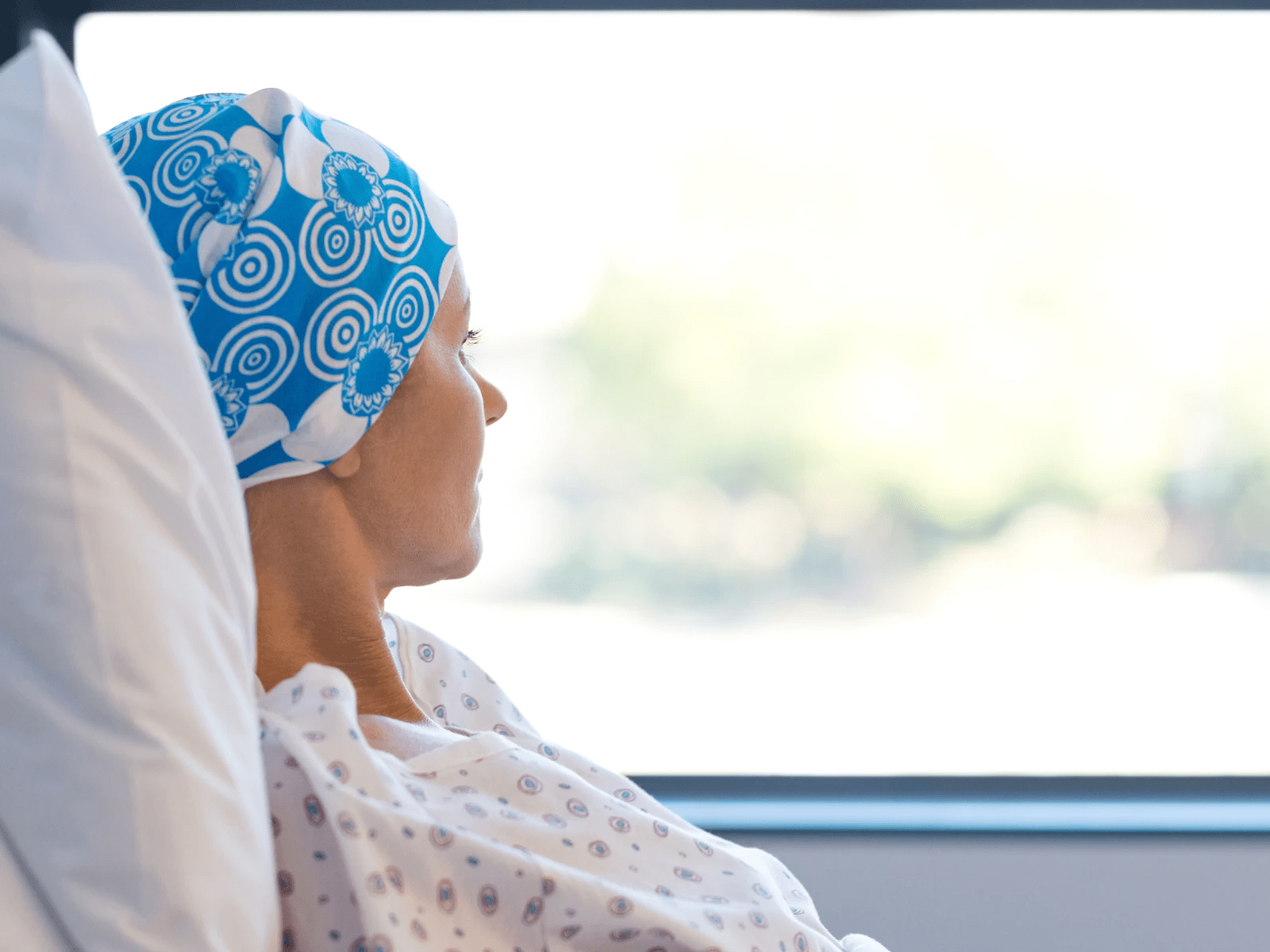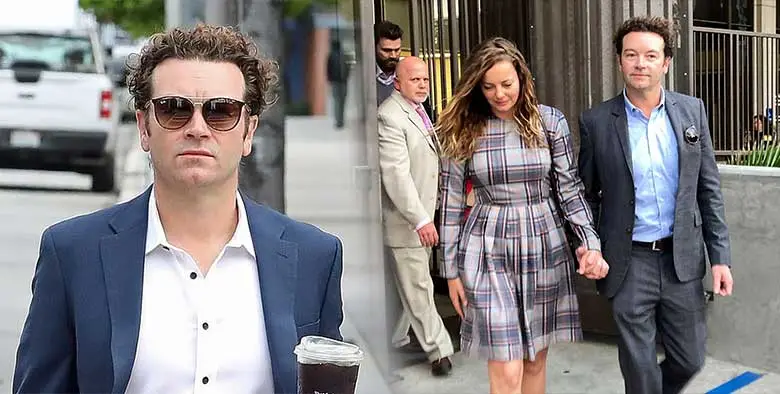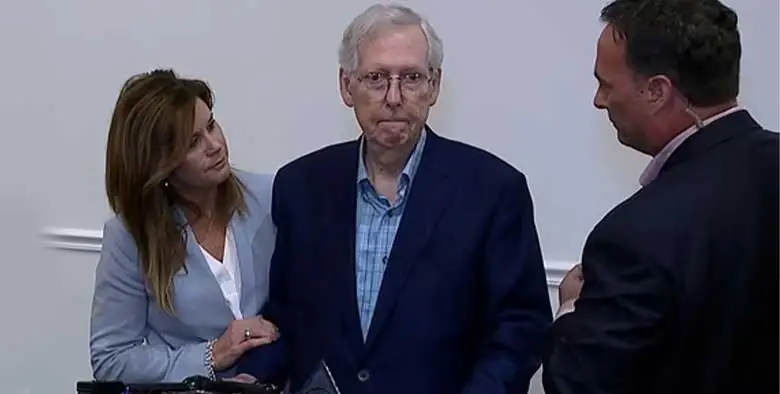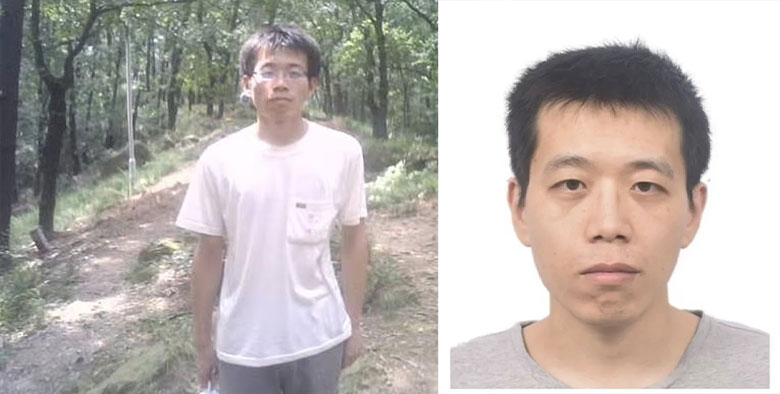- Know Everything About Nipah Virus, Which Is Back In Kerala Again
- Kevin Porter Jr Arrested On His Girlfriend’s Assault Charge
- Market Change Overnight - Know The 8 Things That Did It
- Who Are Alba Baptista And Chris Evans Married On The Weekend?
- Disrupted India vs Pakistan Asia Cup 2023 Match on Reserve Day
- 10 Common Foods That Contain No Calories or Are Very Low in Calories
- Men’s Styling Tips - Know the 9 Common Style Mistakes to Avoid
- Coco Gauff Beats Karoline Muchova and Reaches the US Open Final
- Danny Masterson Gets Life Sentence of 30 Years for Two Rapes
- Experience A Splendid Vacation in Kashmir with These 15 Gorgeous Sights
- India
- Friday , April 19, 2024
- Last Published Sep 12, 2023, 6:48:32 PM

Unbelievable Results In Drug Research: Cancer Disappears In All Patients For The First Time
Recently, a small rectal cancer drug trial was performed on just 18 patients with everyone taking the same drug. The cancer drug trial results left everyone in shock—cancer disappeared in every patient; it was not even detected by physical exams, endoscopy, PET scans or MRI scans. Dr Luis A Diaz Jr of Memorial Sloan Kettering Cancer Center and the author of a paper published in New England Journal of Medicine said that he knew of no other study in which a treatment completely obliterated cancer in every patient. The drug trial was sponsored by the drug company GlaxoSmithKline. “Complete remission in each and every patient is unheard-of,” he said. These rectal cancer treatment patients have faced long and tiring treatments — chemotherapy, radiation and, most likely, life-altering surgery that could result in bowel, urinary and sexual dysfunction. Some also needed colostomy bags. They entered the study thinking that they would have to experience those methods because no one expected their cancer to just vanish in thin air. But they got a surprise: No further treatment was necessary. An oncologist at Memorial Sloan Kettering Cancer Center and a co-author of the paper said: “There were a lot of happy tears,” on Sunday at the annual meeting of the American Society of Clinical Oncology. Dr Alan P Venook, a colorectal cancer specialist at the University of California added that another surprise was that none of the patients showed any significant clinical complications. On average, one in five patients has an unfavourable reaction to drugs like the one the patients took, Dostarlimab, known as a checkpoint inhibitor. The cancer medicine drug was given every three weeks for six months and cost about $11,000 per dose. It un- masks cancer cells, allowing the immune system to identify and destroy them. While most adverse reactions are easily managed, as many as 3% to 5% of patients who take checkpoint inhibitors can have more severe complications. In some cases, it might result in muscle weakness or difficulty swallowing and chewing. The absence of significant side effects, Dr Venook said, means: “Either they did not treat enough patients or, somehow, these cancers are just plain different,” In an editorial accompanying the paper, Dr Hanna K Sanoff of the University of North Carolina’s Lineberger Comprehensive Cancer Center, who was not involved in the study, called it “small but compelling.” She added that it is not clear if the patients are entirely cured. “Very little is known about the duration of time needed to determine whether a complete clinical response to dostarlimab equates to cancer cure,” Dr Sanoff said. Dr Kimmie Ng, a colorectal cancer expert at Harvard Medical School, said that while the results were ‘remarkable’ and ‘unprecedented’ they would need to be replicated. The inspiration for the rectal cancer study came from a clinical trial Dr Diaz led in 2017 that Merck, the drugmaker, funded. It involved 86 people with metastatic cancer in various parts of their bodies. But all the cancers shared a gene mutation that prevented cells from repairing damage to DNA. These mutations occur in 4% of all cancer patients. Patients in that trial took a Merck checkpoint inhibitor, pembrolizumab, for two years. Tumors shrank or stabilized in about one-third to one-half of the patients, living longer. Tumours vanished in 10% of the trial’s participants.That led Dr Cercek and Dr Diaz to ask: What would happen if the drug were used much earlier in the disease before cancer could spread? A small biotechnology firm, Tesaro, agreed to sponsor their study. GlaxoSmithKline bought Tesoro. Sascha Roth was their first patient, who was 38 in 2019. After discovering her cancer, she started chemotherapy at Georgetown University, but a friend insisted she first see Dr Philip Paty at Memorial Sloan Kettering for cancer treatment. Dr Paty told her that her cancer included the transformation that made it unlikely to respond well to chemotherapy. Roth was eligible to enter the clinical trial. If she had started chemotherapy, she would not have been. Dr Cerek gave her the news after the trial. “We looked at your scans,” she said. “There is no cancer, no cancer medicine anymore.” “I told my family,” Ms Roth said. “They didn’t believe me.”
Disclaimer - The texts with tips or advice mentioned here are only for generic information, but not for a substitute of medical advice. Before applying any advice or tips, you should consult a respective doctor or expert. ATT is not responsible if you have any bad impacts on your health.












